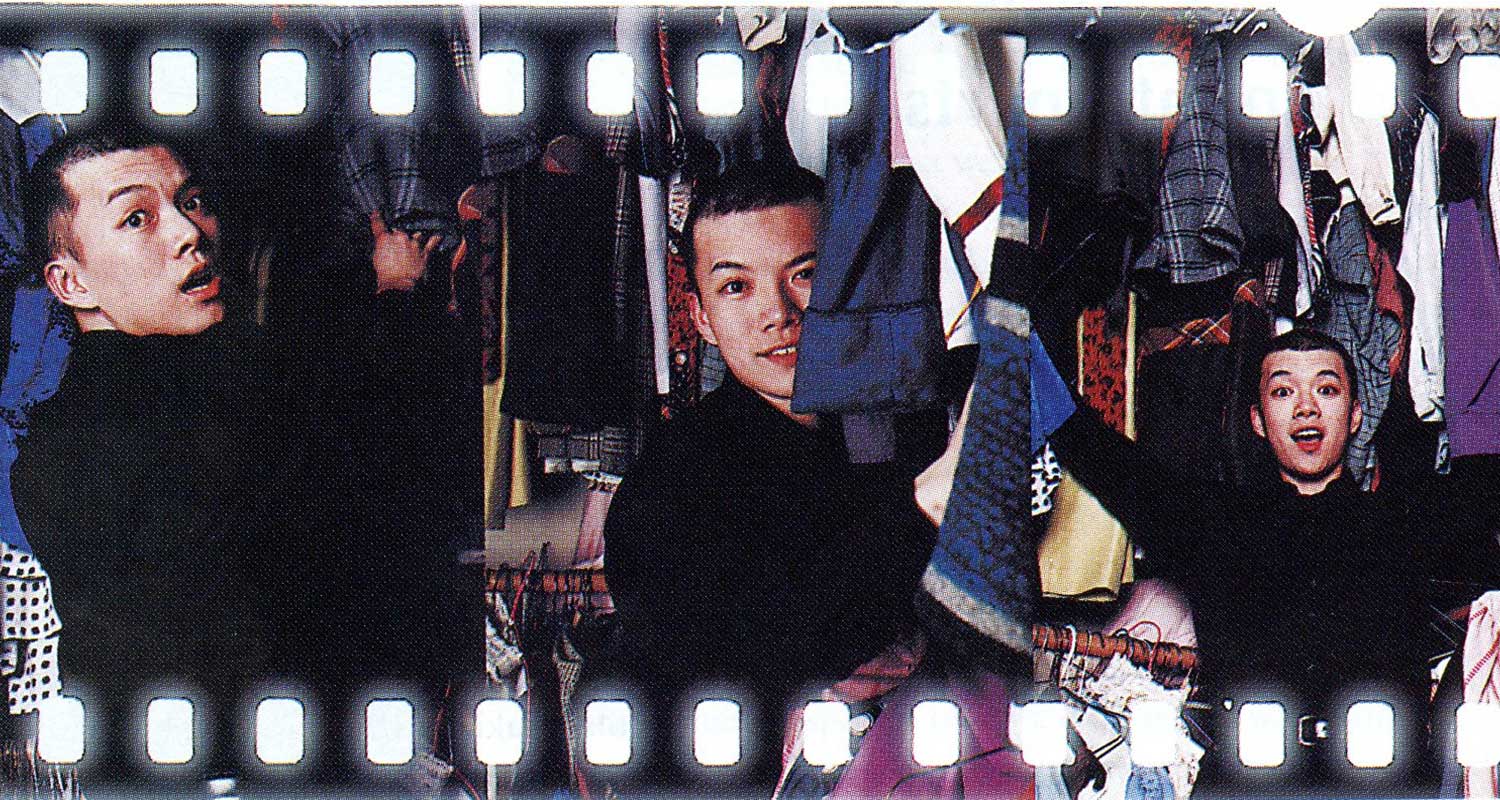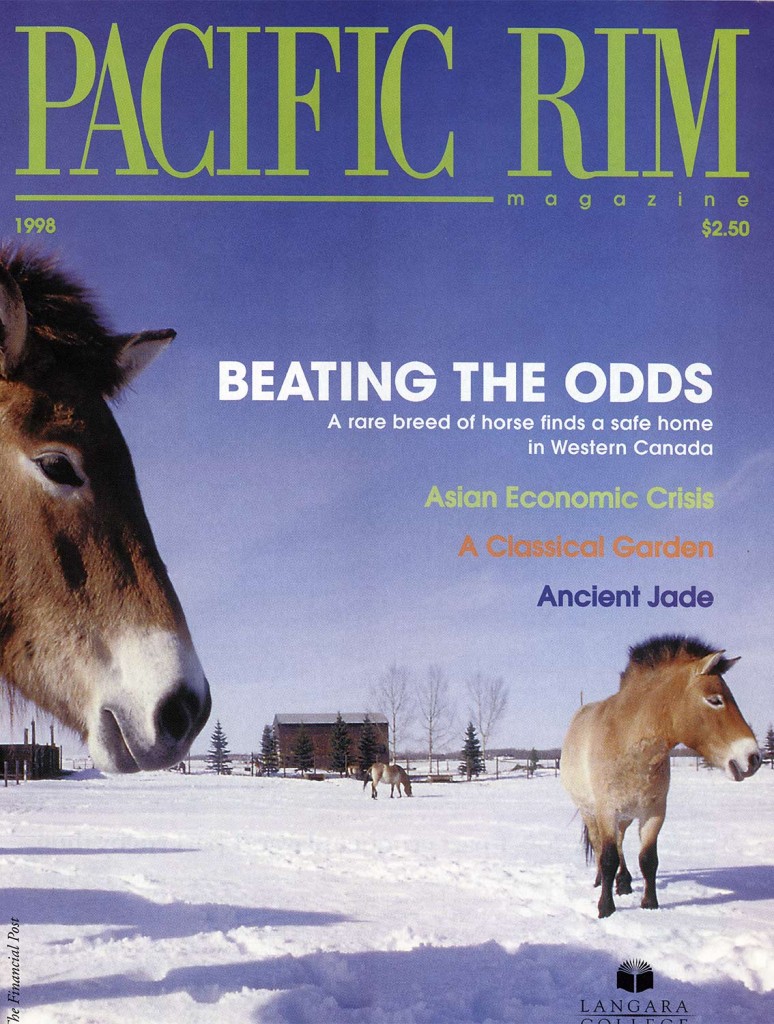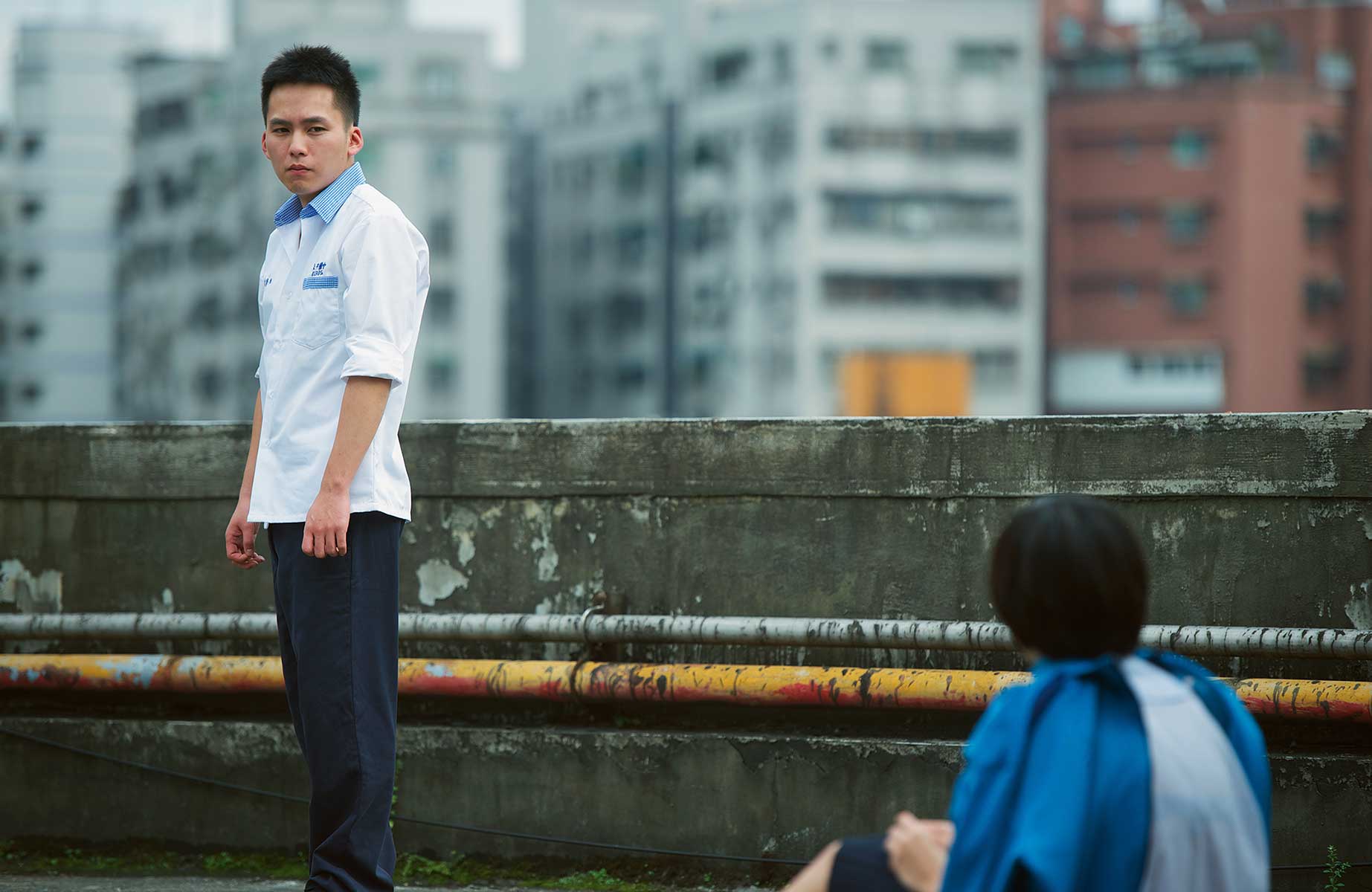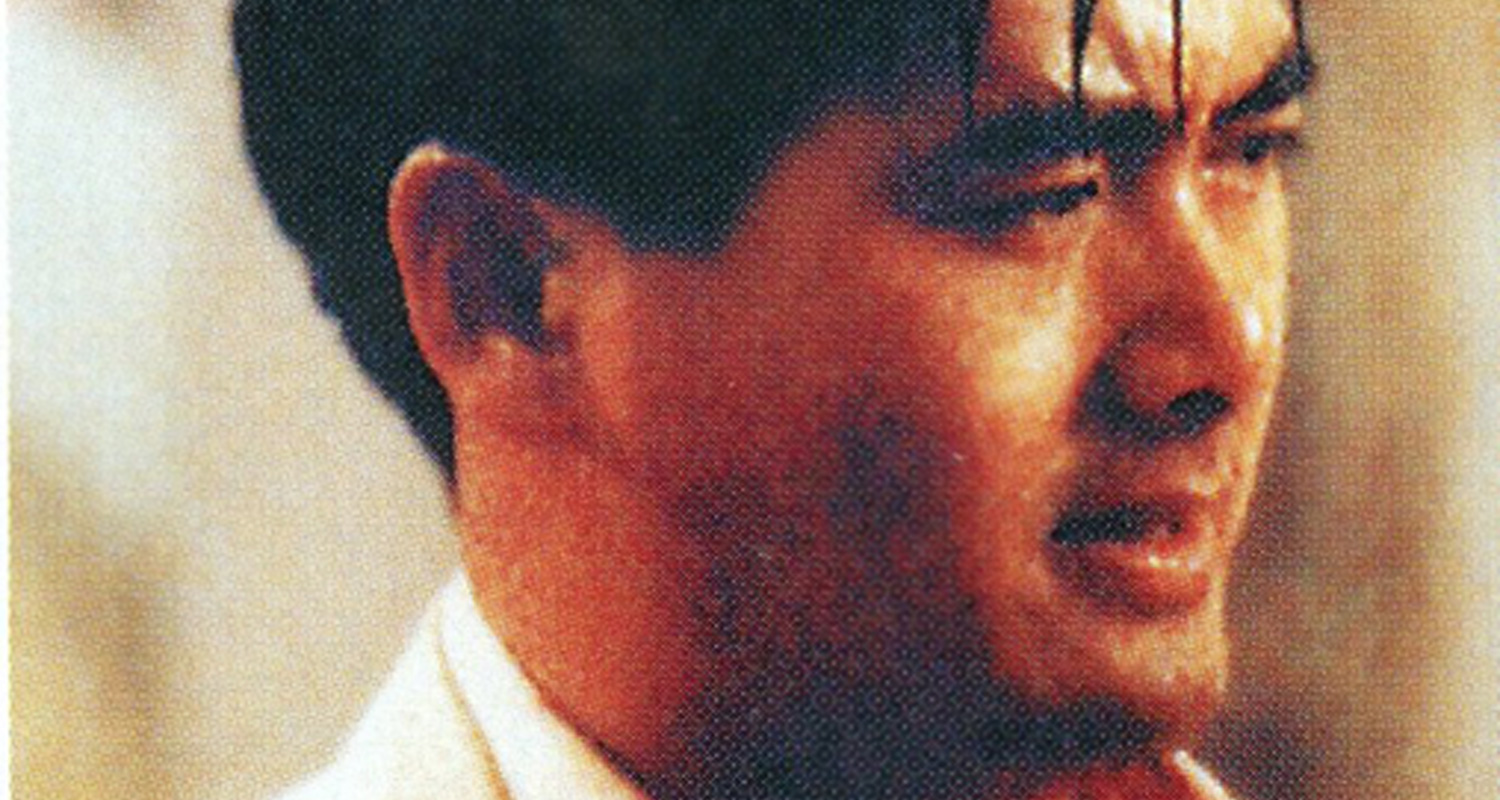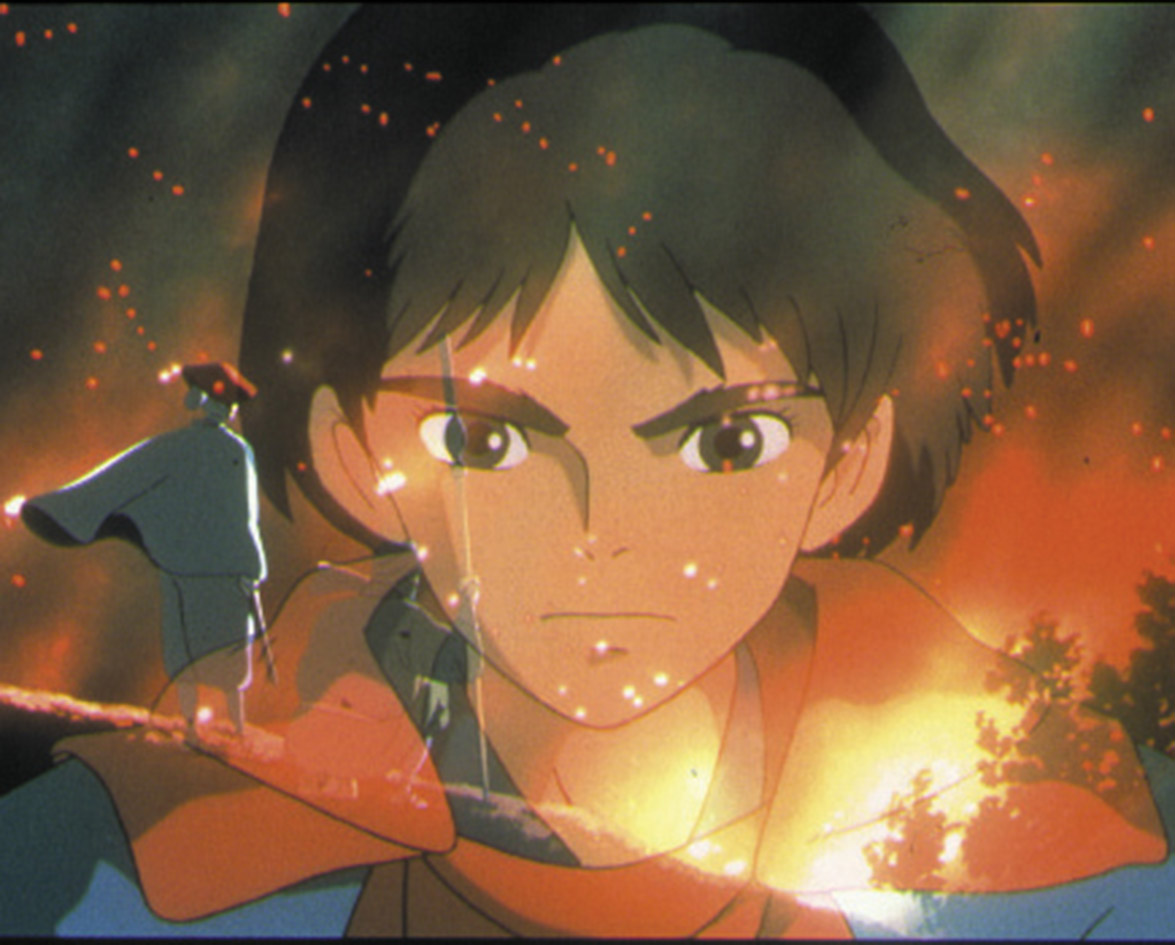It seemed the door had finally opened for Asian actors in 1994. Mina Shum’s Double Happiness and Amy Tan’s The Joy Luck Club were both intelligent films that enjoyed critical and box-office success. What set them apart from the usual Hollywood fare was that both featured Chinese actors in starring and supporting roles. Throughout cinema’s history, ethnic cultures have faced misrepresentation and ignorance in what many still consider a white industry. While African-Americans had finally won recognition through the seventies and eighties, the absence of believable Asian roles quietly remained. As the success of the two Þlms grew, the media began trumpeting the start of the “Asian Wave.” Everyone from sitcom producers to film-making’s elite was poised to jump on the bandwagon. At the same time, Vancouver was quickly gaining status as a favourite locale for filming. As the city with the fastest growing Asian population in North America, it seemed like the place to be for an aspiring Chinese actor.
Fast-forward to the spring of 1998; somehow the hype has fallen drastically short. The “Wave” never materialized. When an all Chinese-cast network sitcom failed after one season, frightened producers quickly shelved many similar proposals. Even the highly anticipated sequel to The Joy Luck Club was set aside indefinitely. Like so many trends before it, the “Asian Wave” became old news within a few short months.
A Vancouver Born Chinese Actor
Daniel Chen remembers the day he was sent home from the set of a well-known television series produced in Vancouver, the city of his birth. He was to portray a young gang member, a role he’d played more than a few times before. After several takes, the director quietly informed Daniel that he wasn’t right for the part; he was just not “Chinese” enough. “They tried to be as kind as possible in telling me,” says Daniel, “but when it happens to you once, you can’t help but wonder how often you didn’t get other parts for the same reason.” Despite such frustrating setbacks, he considers himself by current and local standards a successful Chinese actor. After three years in the business, he finds himself cast mostly in roles calling specifically for young Asian males, but they are few and far between. Since graduating from UBC’s theater program, Daniel has appeared in a succession of commercials, two television series-New York Tempest and The Sentinel-and many plays. Though the number of TV and Þlm auditions has increased this year, more diverse character roles are found in local theatre. As Daniel explains, “Race doesn’t seem to matter as much in theatre. It’s television and movies where you see Asians typecast as the immigrant; otherwise they want to know how good you are at karate!” Theatre is also the perfect place for an actor to learn versatility and pay his dues. Daniel proved he was up for the challenge by starring as an Italian immigrant in Arthur Miller’s tragedy, View From The Bridge. Using an entirely Chinese cast, the production aimed to show that Asians could perform roles far beyond the limited repertoire of gangsters, monks, and computer nerds. Playing the flamboyant Rudolfo would have been demanding for any young actor, even without having to overcome the audience’s expectations of the classic play. “I think at first people didn’t really know how to take a Eurocentric play using Asian actors, but the feedback we received in the end was very positive.”
Breaking The Traditions Of Distant Lands
Last year, Daniel played it a bit closer to home in the hugely popular production of Mom, Dad, I’m Living With A White Girl. The story centres around a young man, his strict immigrant parents, and their struggle for compromise in a culturally ambiguous society. The theme is a common one for many of Vancouver’s young Chinese: the growing contrast between the traditions of distant lands and the demands of Western culture. An underlying theme deals with concealing identities, as the lead feels he must downplay his heritage in order to gain acceptance from his girlfriend’s family and friends. Daniel was especially proud to see the play attract an extremely diverse audience. Resentment toward one’s identity was something he found that everyone could relate to. “I spoke to so many people who were deeply affected by the play. From Chinese kids to gays who’ve had to hide their lifestyle from their parents all their lives.”
The same kind of identity conflict appeared in a production of Front Lines earlier that year, but dealt more with the effects of clashing cultures. It looks at rising tensions in Richmond as it is transformed into a bustling Chinese suburb. Daniel appeared as an insecure teen who will do whatever he can to blend in with his new and unwelcome surroundings. Often, Asian teens do display an adamant disregard for the traditions and beliefs in which their parents were raised. The importance of choosing to work in a respectable field, and the parental pressure to succeed, is enormous in the Chinese community. The uncertain life of an actor contradicts the hopes that even the most relaxed parents have for their children. For many kids dreaming of fame, the costs of opposing their parents’ expectations far outweigh the benefits. One acting hopeful (who requested anonymity) found the confrontations more than he could bear. “I took a few months off of school and picked up some extra work on shows like Outer Limits. My Dad was furious, I almost moved out . . . I’ll be back at school this fall, for my stockbroker’s certificate.”
…most roles are either that of the immigrant, or the infamous Asian gang member.
Daniel admits his parents were considerably more supportive, but it took some time before he felt comfortable informing them of his decision. “When I switched from Commerce to Acting at UBC, I think Mom and Dad thought it was just a hobby. I was afraid to tell them . . . but when I was starring alongside people they’d actually heard of, they began to accept it. My Mom is really excited for me.”
The Americanization Of Asian Teens
The low profile that Asians have grown accustomed to in TV and film cannot only be attributed to family pressure. The Americanization of Asian teens is a phenomenon that shows no signs of slowing down. Corporations like Nike and Paramount know their status with teenagers around the world. Social acceptance comes a lot easier if you’re wearing Tommy Hilfiger and talking about the latest Simpsons episode than asking if anyone has seen the latest Zhang Junzhao movie. Kids of all races, classes and backgrounds feel they must like the same music, see the same films, and look the same. Most Asian teens encounter this kind of peer pressure on a daily basis. Unfamiliar customs and religious holidays are no match for Beverly Hills 90210 and other fables of the American dream. The Far East can seem as foreign to them as it is to their white acquaintances. It’s no wonder so many teens deny their heritage in order to gain their own identity. Daniel speaks of friends who have suffered this type of crisis. Some went as far as refusing to eat Chinese food to express their frustration. Daniel would rather draw from both worlds. “One day, as a director or producer, I’d like to draw from my own experiences, so I won’t be able to avoid the Chinese perspective, but I don’t want to have the obligation of promoting it with everything I do. I’d prefer something more culturally ambiguous. The same goes for the roles I hope to play.”
Playing Stereotypical Roles
At this point, Daniel has not yet earned the privilege of turning down any role. For all actors, typecasting is just another occupational hazard. His resumé displays a wide range of roles, but it also shows that stereotypes are rampant. Aside from occasional inspired casting choices, like Rudolfo, most roles are either that of the immigrant, or the infamous Asian gang member. His ideal role is one that could be portrayed by anyone, regardless of race.
Asian actors find challenging and positive roles exceptionally hard to come by. Even the most renowned Chinese film hero, Bruce Lee, was eager to leave the Kung Fu movie genre he’d helped conceive for more complex roles. Though stars Jackie Chan and John Lone break box office records with every release, the characters they play typically fall within the usual stereotype. They inhabit the same cliches that Lee had begun to tire of more than 25 years ago.
The Far East can seem as foreign to them as it is to their whites acquaintances.
Unfortunately, Asian male leads have yet to move beyond the cold-blooded super-action heroes that have already proven their money-making potential–the romantic lead is rarely seen. Because of the rarity of Asian characters, moviegoers are still unsure of the presence of an Asian lead in a film, unless race has some significance to the story. In order to gain the viewers’ acceptance, the reason for an Asian lead must be clearly outlined in the plot. For this reason, Hollywood directors are wary to cast a Chinese actor as the lead, fearing that moviegoers will instinctively look for a cultural slant, even if there isn’t one. Having to overcome the narrow-mindedness of Hollywood means that it may be a little longer before Daniel is cast as the lead in the next blockbuster, but attitudes are slowly improving. “John Lone’s movies are still of the super-action genre, but his characters are becoming complex. It’s exciting to see someone so revered in Hong Kong become a success in North America . . . If you ask people to name Chinese stars, now they don’t go blank after Jackie Chan.”
Daniel and his colleagues know the vocation they have chosen is a risky one, and fame is a rare gift regardless of race. Having to work twice as hard as the competition is a challenge every actor should be so lucky to overcome. Refining his technique this way promises that one day he’ll be able to prove his talent to even the most unreceptive director. In the meantime, he will reluctantly accept the parts that ask for a “more Chinese accent” while he perfects his Italian one. “I love acting, and I feel lucky enough just to be able to say I’m doing what I want . . . besides, I’m too busy to worry about it too much, and in this business, that’s a good thing in itself.”





